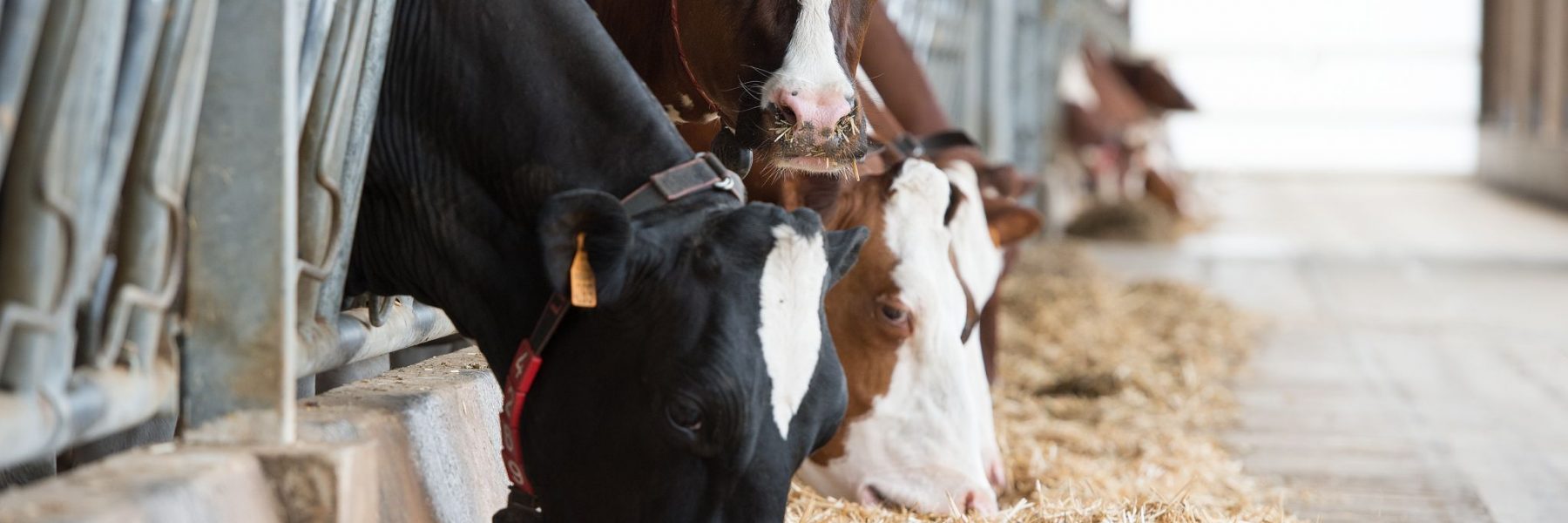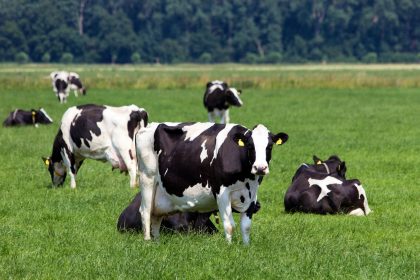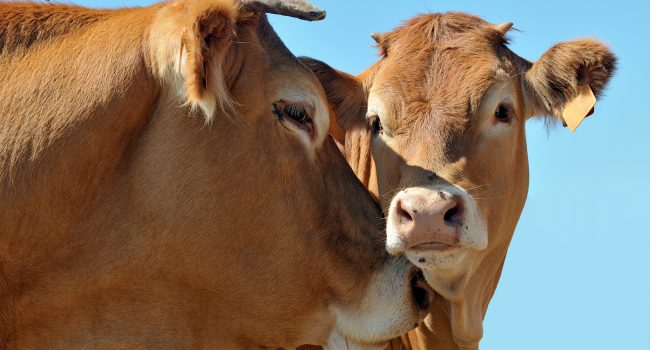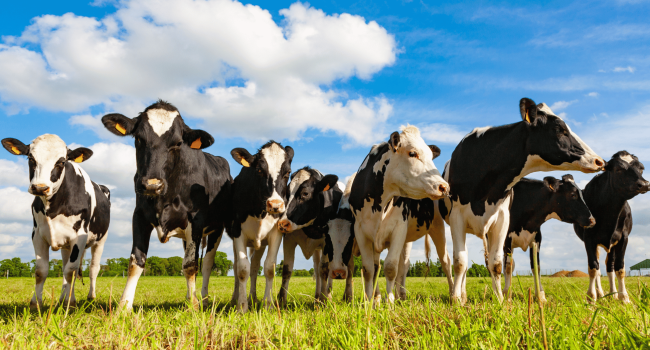Natural solution to manage coccidiosis
Coccidiosis is a disease caused by parasitic coccidian protozoa that sporulate in the gut of animals, infect gut cells and multiply in it. The young stock is particularly sensitive to this infection, especially between 2 and 12 months of age. Coccidiosis causes lesions in the gut wall, which reduce nutrient absorption, fragilize the immunity of calves and foster bacterial disorders in the intestine. Absorption of nutrients is then significantly decreased, leading to growth delays, which can be irreversible at this early stage.
The main clinical signs of this disease are diarrheas and usually starts from the 3rd week of age onwards, without an increase in body temperature. Indeed, diarrhea occurs at the end of the reproductive cycle of Eimeria, taking place in the large intestine. The infection can also cause severe dehydration and in some instances, death. Sub-acute coccidiosis often goes unnoticed but hampers the growth of young animals. This growth deficiency cannot be compensated for in later phases of the animal development and eventually reduces the dairy performance of mature cows later on.
Coccidiosis in ruminants is generally underestimated because in most cases it is subclinical and goes more or less unnoticed. This form really impacts the performances, in particular the average daily gain which is a crucial parameter in the younglings, as already mentioned, it is directly linked to the future performances and is usually hard to recover. Adults are immune to coccidiosis and they are always excreting oocysts, which is an important risk for the younger animals. The challenge is to maintain contamination below a level generating economic losses. It is thus important to adapt some preventive management practices like the separation of animals according to their age. It is also possible to strengthen the prevention via feed supplementation.
Prevention with plant extracts and essential oils
A unique association of four plant extracts, which have been selected for their synergetic action in the gut has been developed and tested in calves. Contrary to medical treatment, phytotherapy solutions do not induce resistances, nor risks of cross-contamination in the production plant. In addition, as opposed to coccidiostats this plant extracts combination will not have a direct action on oocysts, but on the whole intestinal tract. The different plant extracts will contribute to creating a non-favourable environment for the development of oocysts, and at the same time participate in a better recovery of potential intestinal lesions. In order to demonstrate the positive effect of this combination of plant extracts and essential oils, various trials were run into R&D facilities but also in the field.
Trial results
A unique association of four plant extracts, which have been selected for their synergetic action in the gut has Here after, field trial results from the south west region of France are presented. A total of 135 calves of 10 to 15 days of age were divided into three homogenous groups of 45 animals. Animals did not receive any antibiotic treatment. They were raised in the same house (open air), separated into two rooms of seven collective compartments each (five animals per case). The trial ran during for a period of 37 days. The coccidiosis challenge was induced naturally by no disinfection of the building neither before the entry of the animals nor during the trial. Calves were fed with milk replacer, distributed with a bucket twice a day (morning and evening). The negative control group (A) received a control diet without any coccidiostat supplementation, a positive control group (B) received the standard diet plus a competitor product (other plant extracts at 4.5 g/animal/day into the milk) and ADM group (C) received control diet plus the plant extracts combination (in its dispersible form) at 5 g/animals/day.
In terms of zootechnical performances, the results were positive for both groups with plant extracts compared to the negative control, with a higher Average Daily Gain (+156 g vs control group) observed for the ADM group (Table 1).

Table 1: Weight and Average Daily Gain (ADG) results
Coproscopy analysis on 20 calves per group was realized at days 0, 21, 37 in order to measure the number of positive animals for coccidiosis (Figure 1) and the oocysts excretion per gram of feces (Figure 2).
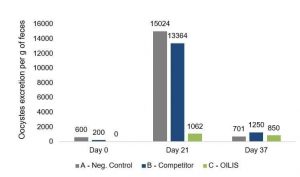
Figure 1 : Positive animals for coccidiosis
A decrease of the number of positive animals for coccidiosis is observed, at the excretion peak (21 days) the number of positive animals in the OILIS group is 30% lower than the control group.
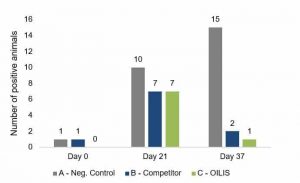
Figure 2 : Oocysts excretion per gram of feces
A reduction of oocysts excretion is observed even after the suspension of the prevention (day 0 to day 30). Despite the fact that Eimeria strains are numerous and specific to each species, we observed positive results in the reduction of oocyst excretion and an improvement in growth performances, which is critical in those early stages of life.
Plant extracts combination, an efficient tool
More than 90% of dairy herds in intensive production model are positive to coccidiosis, with a permanent risk of negative impacts on the animals’ performances. By working with the right plant extracts combination, it is possible to have a 360°C approach to tackle the different aspects of coccidiosis. OILIS offers a natural and efficient solution to manage the risk of coccidiosis thanks to its plant extracts association acting in synergy to help protect the intestinal epithelium and contributing to reinforce the natural defenses of the animal.
Good pullets are necessary for maximizing saleable table eggs
The pullet period is the most crucial stage in laying hens’ production. Correct pullet management and providing most precise feeding plays a vital role, ensuring that birds reach the correct weight at the right time, avoiding stress and favoring uniformity. To reach our ADM goal of 500 eggs in 100 weeks, we are depending on a golden pullet period.
